Alternatives to Y Combinator: A Better Way to Accelerate Your Startup?
Accelerators YC Alternative Venture Capital 6 minutes
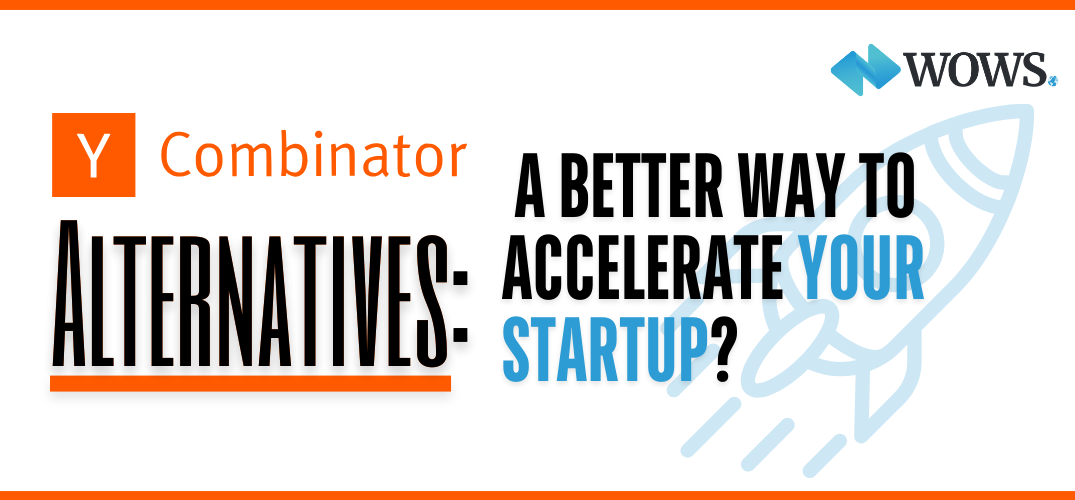
Let’s face it—when most founders think about startup accelerators, Y Combinator (YC) usually tops the list. It's the Ivy League of accelerators, famous for kickstarting unicorns like Airbnb and Dropbox. But, like choosing Harvard, going with YC has its drawbacks. The reality is that Y Combinator, and other traditional accelerators, might not be the silver bullet they seem for every startup.
Before you apply (and cross your fingers for a less than 1.5% acceptance rate), consider that YC takes 7% equity, runs an intense, one-size-fits-all program, and offers you the vague promise of demo days, where you’ll be competing for attention among a sea of hungry startups. If you're a founder in Southeast Asia, the Middle East, or another emerging market, you might feel the Silicon Valley-centric model doesn't quite fit your needs either.
But don’t fret—there’s more to life than YC. Let’s explore the alternatives, including an option we at WOWS Global think you'll find particularly appealing. Spoiler: It’s us.
The Downsides of Y Combinator & Traditional Accelerators
While YC offers incredible benefits for the chosen few, many startups struggle with its rigid model. Here are some key challenges founders face:
-
The Equity Trap
YC takes 7% equity for a $500,000 investment, which might seem fair in the short run but can sting when you're raising later rounds. For early-stage startups still shaping their vision, that 7% can feel more like a "pound of flesh" than a necessary sacrifice. -
Intense Pressure Cooker
YC’s 3-month program is like trying to sprint through an obstacle course blindfolded, with only a GPS app from 2010. The curriculum is fast, furious, and often irrelevant to non-U.S. startups. The "do or die" mentality might be helpful for some, but it leaves others burnt out. -
Demo Day Drama
Demo Day is the grand finale, where you present your startup to a room full of potential investors. Sounds great, right? Except you’re one of hundreds competing for attention. Plus, if your startup doesn’t fit the Silicon Valley ideal (think apps over infrastructure), you might get sidelined, regardless of your potential. -
Silicon Valley Bias
Let’s be real: YC’s model works best if you’re a Silicon Valley tech startup. But what if you're based in Southeast Asia or the Middle East? The investors are different, the market dynamics are different, and the problems you’re solving may not resonate with a crowd fixated on the next social media platform. You might spend more time adapting to fit YC than building your business for your actual market.
The Rise of Alternative Accelerators
Given the limitations of traditional accelerators, many new alternatives have sprung up around the world. These accelerators offer localized programs, sometimes without equity stakes, but they often lack the scale, global reach, and investor networks that YC flaunts. Here are a few examples:
-
500 Global (formerly 500 Startups): A slightly more diverse accelerator that has programs in Southeast Asia and other regions. However, they also take equity (around 5-6%) and, like YC, have a jam-packed curriculum that might not fit every startup's needs.
-
Techstars: Another big name that offers region-specific programs. The catch? They also take equity (6%) and have a curriculum-focused approach that may not be suitable for founders who prefer a less structured, more personalized strategy.
-
Antler: An accelerator focusing on building startups from scratch, which is great for those who need help at the idea stage. But once again, equity comes into play, and their model can feel overly hands-on for founders who are further along in their journey.
Each of these programs has its benefits, but there’s a lingering sense of “too much, too soon” with their intensive, often equity-grabbing models. For startups in emerging markets—like Southeast Asia and the Middle East—these programs can feel like they’re missing the mark. They try to apply a Silicon Valley playbook to places with very different dynamics, often with lackluster results.
WOWS Global: A Fresh Approach to Accelerating Growth
Here’s where WOWS Global comes in. We’ve designed a more flexible, founder-friendly alternative to accelerators like Y Combinator, Techstars, and 500 Global. Think of us as the platform that lets you keep your autonomy, with none of the strings attached—no equity taken, no forced curriculum, and no demo day anxiety.
What Makes WOWS Global Different?
-
No Equity Taken—Ever
Unlike most traditional accelerators, we don’t take any equity from your startup. Founders can breathe easy knowing they won't have to hand over a chunk of their company just to get access to our network or resources. -
Guaranteed Investor Meetings
Forget competing with hundreds of startups for investor attention. At WOWS Global, we strategically match you with investors who are not just "interested" but aligned with your vision and market. This means guaranteed meetings with the right investors for your startup. No more rolling the dice at a Demo Day. -
A Dedicated Team on Your Side
We don’t just offer a 3-month crash course and then send you on your way. Our dedicated team works with you on an ongoing basis, tailoring support to what your startup really needs—whether that’s fundraising guidance, market entry strategy, or product development. -
Customizable Support
Need to nail your next investor pitch? Fine-tune your product-market fit? Scale across borders? We offer customized support that adapts to where you are in your journey, rather than trying to fit you into a predetermined program. Think of us as your personalized accelerator minus the unnecessary fluff. -
Focused on Emerging Markets
While traditional accelerators are mostly geared toward the U.S. and Europe, WOWS Global specializes in Southeast Asia, the Middle East, and other emerging markets. We understand the nuances, from regulatory hurdles to market-specific challenges. That means we connect you with investors who "get" your market, giving you an edge over those chasing U.S.-centric funding.
Real-Life Use Case: Success Without the Stress
Take Startup X (we’ll keep names confidential), a fintech company based in Singapore. They joined WOWS Global after realizing the Y Combinator model wasn’t a good fit. Y Combinator’s program didn’t quite cover the market dynamics in Southeast Asia, and they weren’t comfortable giving away 7% equity for access to general investor pools.
Through WOWS, Startup X got custom-tailored support for expanding into new markets, and we matched them with investors who specialized in fintech in the APAC region. Within months, they secured funding from strategic investors and launched in three new countries—all without giving up a single percentage of equity to WOWS.
Other Options: A Quick Look
While WOWS Global is the best fit for founders wanting flexible, no-equity support, there are a few other alternatives worth noting, even if they might not offer the same bang for your buck:
-
Angel Networks: These can be great if you're looking for early-stage funding, but often lack the structural support an accelerator provides. You'll need to do the legwork of networking and vetting investors yourself.
-
Government-Funded Programs: Some countries offer government-sponsored accelerators, which are usually equity-free. However, these programs can be bureaucratic and slow, and their investor networks are typically more limited.
-
Corporate Accelerators: Programs run by corporations can offer niche industry support, but they often have ulterior motives—like getting you to eventually sell your company to them. It’s a Trojan horse approach, so be careful what you sign up for.
Wrapping It Up: The Choice Is Yours
At the end of the day, accelerators are not a one-size-fits-all solution. While Y Combinator and other traditional programs can work wonders for some, they come with trade-offs, particularly for startups in emerging markets or those who want to retain more control over their equity and growth.
WOWS Global offers a different path—one that puts you in the driver’s seat, connects you with the right investors, and lets you keep your company intact. And hey, if you can skip the three months of caffeine-fueled sprints and still win, why wouldn’t you?
Schedule a call with our team today to find out how WOWS can help you achieve your funding goals.
Related Posts
-
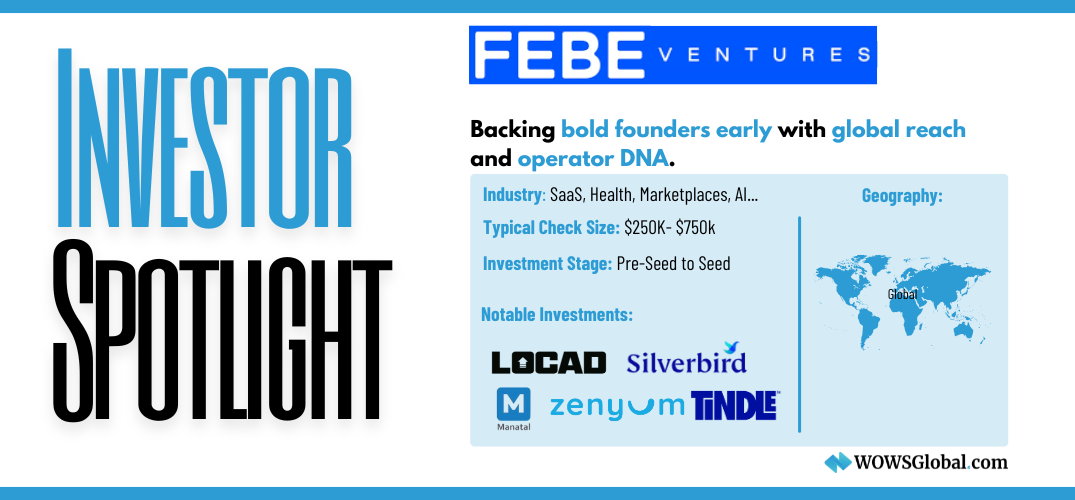
Venture Capital FEBE Ventures Seed 4 Minutes
FEBE Ventures: Founders Backing Founders from Day One
More than capital, FEBE Ventures brings founder-first support, fast decisions, and real operational insight to early-stage startups across the globe. -
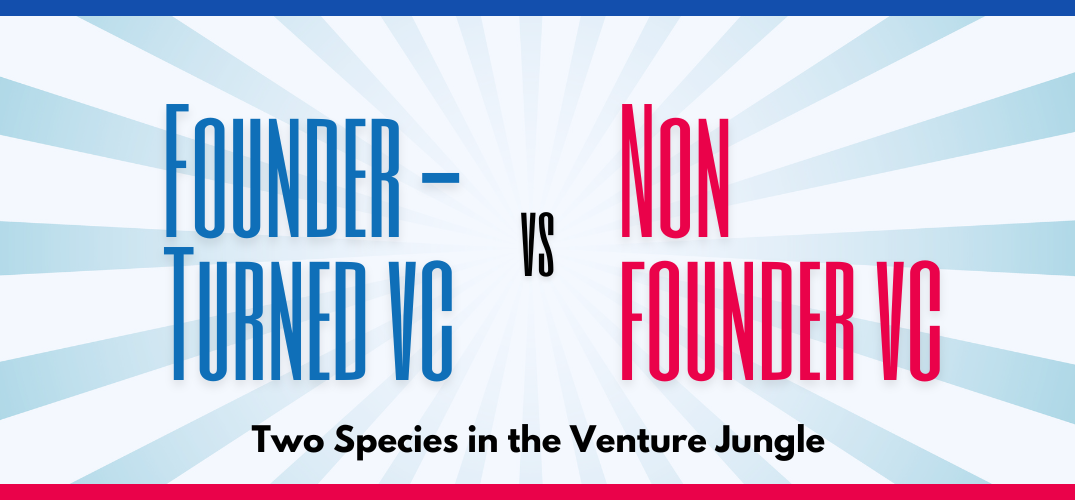
Venture Capital Founder Startup Funding 6 minutes
The Founder-Turned VC vs. The Non-Founder VC – Two Species in the Venture Jungle
Venture capitalists come in all forms, but two stand out: the battle-tested Founder-Turned VC and the strategic Non-Founder VC. Learn how their distinct approaches to risk, pivots, and due diligence shape their partnerships with startups and find out which one is the right fit for your journey. -

Startup Funding Venture Capital VC Red Flags 5 Minutes
Don’t Accept VC Money If You See These 5 Red Flags in a Term Sheet
A term sheet sets the tone for your startup’s future, but not all deals are created equal. Learn the five red flags you should never ignore when negotiating VC funding to protect your vision and equity. -
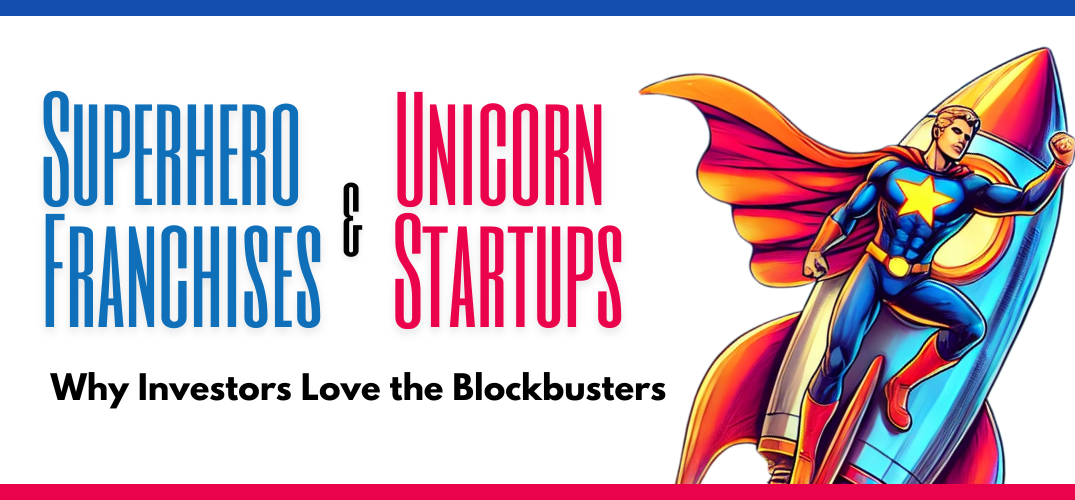
Startups Venture Capital Unicorn Startups 5 minutes
Superhero Franchises and Unicorn Startups: Why Investors Love the Blockbusters
What do superhero franchises and unicorn startups have in common? Investors love them for the same reason—they’re scalable, high-impact, and built for long-term success. Learn why your startup needs an origin story, a killer team, and the potential to create a universe of opportunities in this blockbuster blog from WOWS Global. -
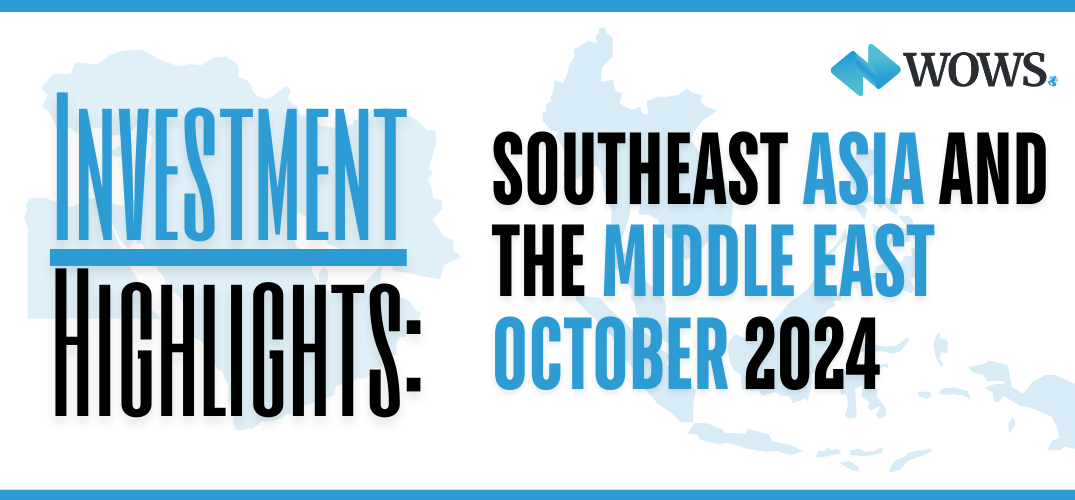
SEA MENA Venture Capital 6 minutes
October’s Funding Fiestas and Game-Changers: SEA and MENA’s Wild Ride Through the Investment Winter
October brought record-breaking investments and strategic partnerships to Southeast Asia and the Middle East. From electric vehicles to fintech, learn how startups and VCs are navigating the investment winter with resilience and ambition. -
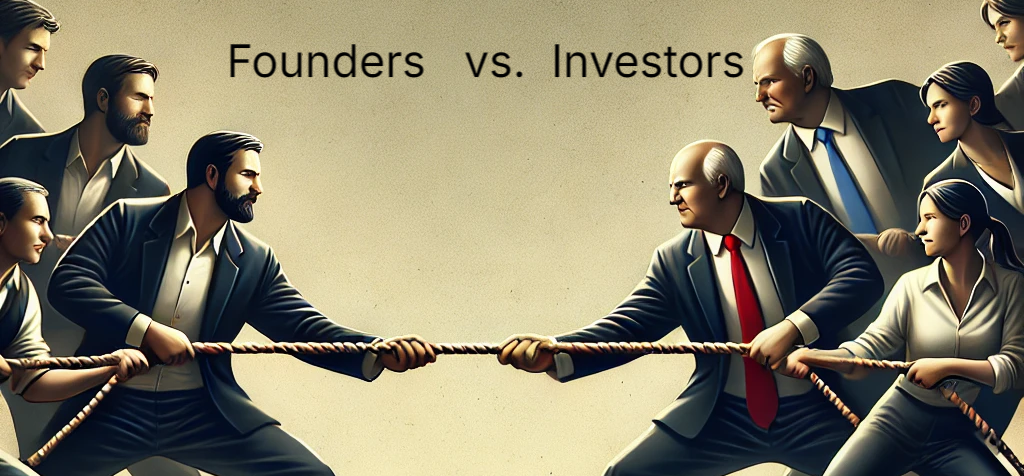
startups venture capital 5 minutes
Don't Screw Yourself by Giving Away Redemption Rights: A Cautionary Note for Startups
Startup founders, beware! Redemption rights in your term sheet can become a financial burden that jeopardizes your business. Learn how to negotiate better terms and protect your company’s future.
